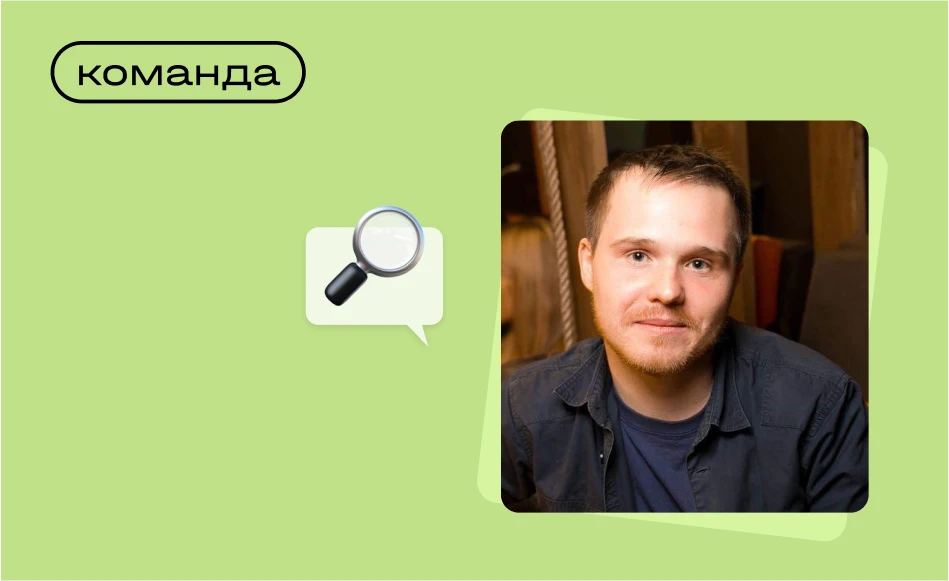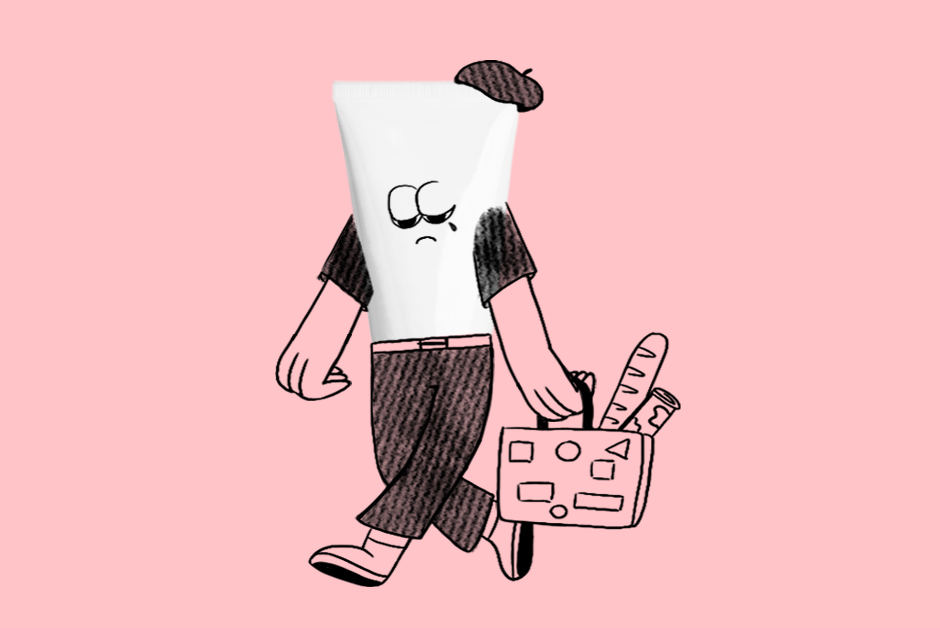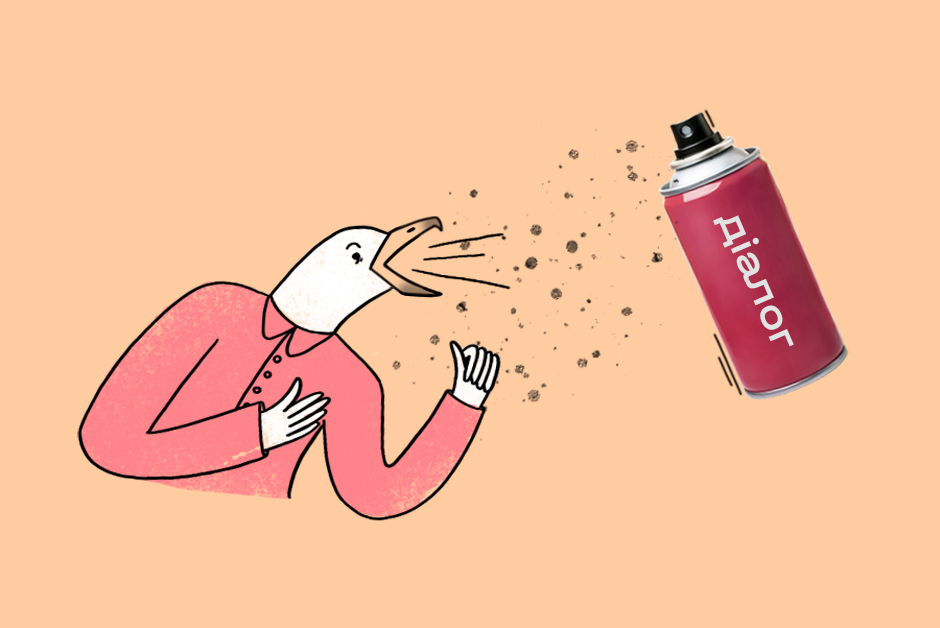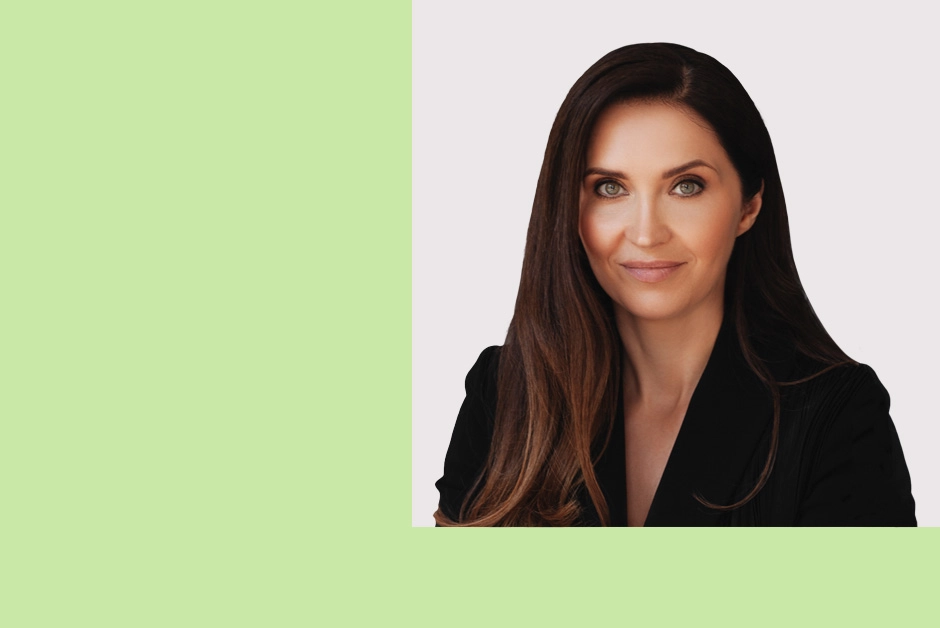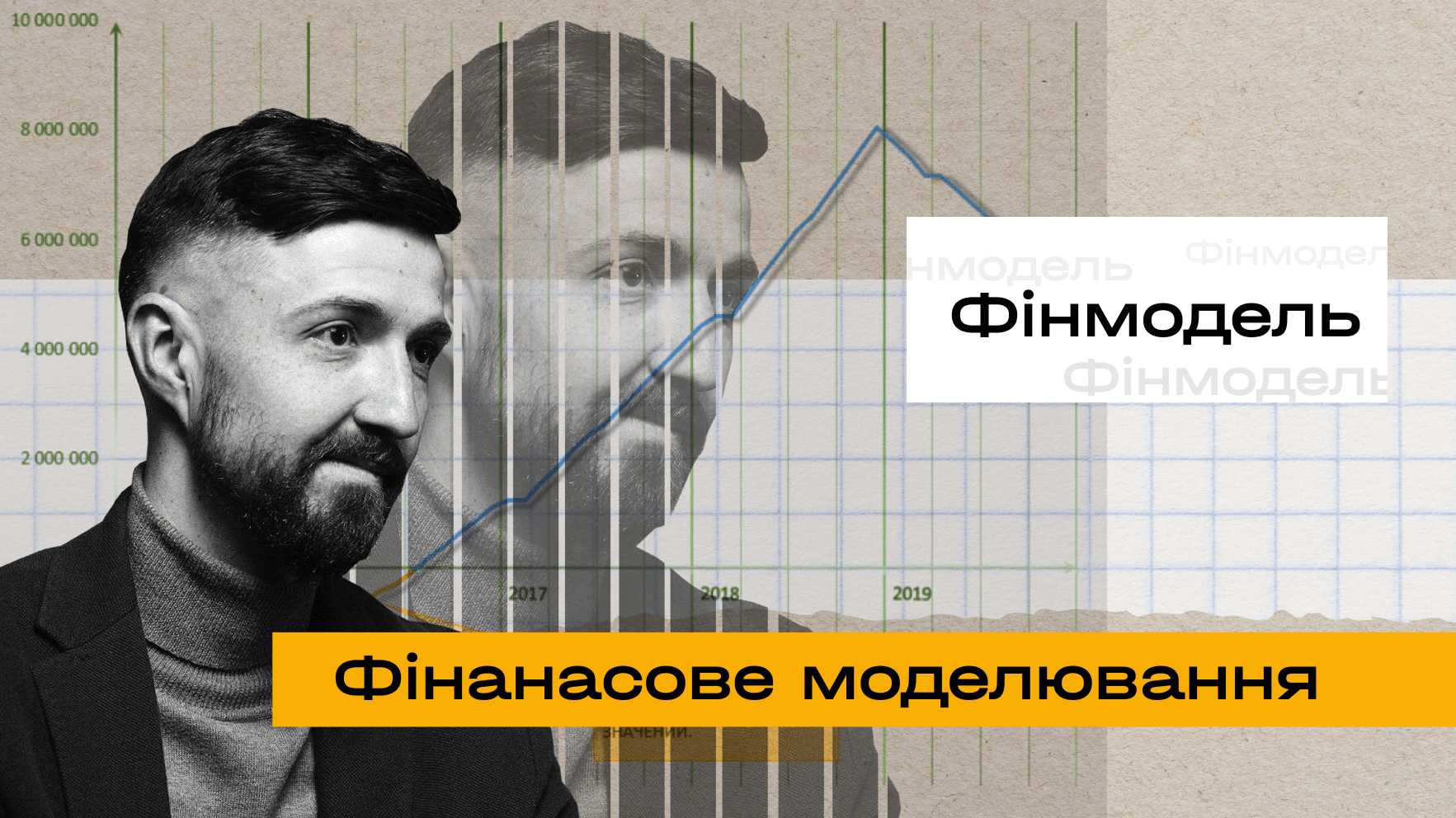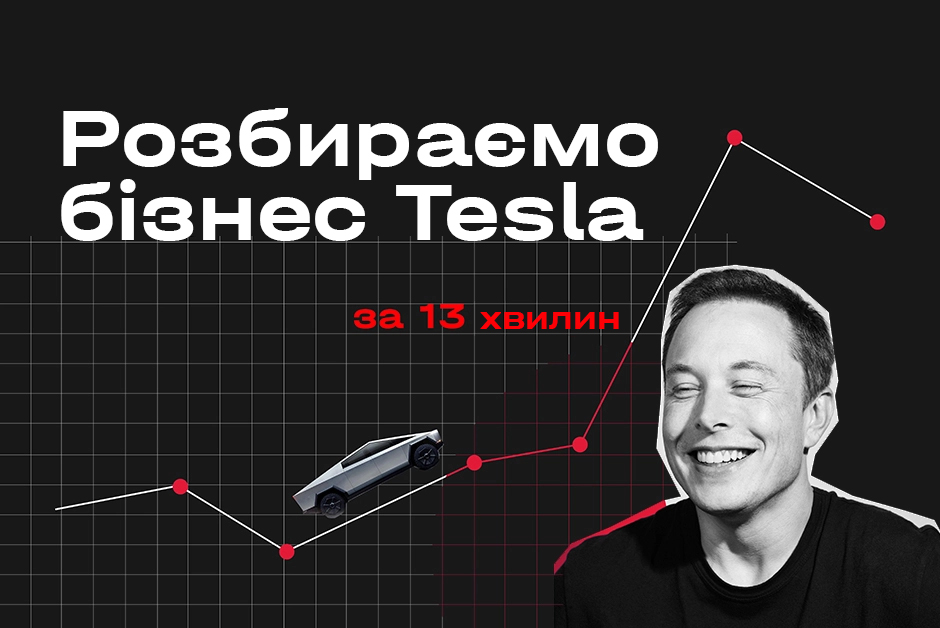From the early days of SEO to the advent of ChatGPT, Nicolas Darveau-Garneau has seen it all. A pioneer of digital marketing who has been a former Google Chief Evangelist, founded four companies and helped hundreds of CMOs significantly improve their marketing results, he now wants to share his knowledge with aspiring marketers.
Nicolas sat for a chat with Laba, explaining why AI has changed everything, what role personalisation plays in customer acquisition, and why marketers should aim to build sequoia-like marketing strategies, rather than bonsai.
Over the past 30 years, we've witnessed remarkable changes in communication technology. How have they influenced marketing?
When I started my first company 30 years ago, the only way to do marketing online was by calling a portal like AOL and paying hundreds of thousands of dollars to have a little banner on their pages.
After struggling for weeks in the ocean, you would pray that this money was well spent. You would only know months later. That's the history of marketing. You spent money without knowing the likelihood of success until much after it was spent.
Even after the results, you wouldn't know what worked and what didn't. As they say, only 50% of marketing works, but you don’t know which 50%.
Until recently, even with online marketing you had to create one-size-fits-all ads, or at best personalised for cohorts. AI has changed all that. Now before you spend money, you have a good sense, even if not perfect, of the profitability of that investment. You tell the algorithm that for every dollar invested you want $5 in revenue, and the machine will get you there, approximately.
You can go into detail in real time and have a good sense of the returns you're getting across different strategies, and therefore how to prioritise your budget.
For the first time, you can write an ad for one person. With AI you can have a text, banner or video ad with millions of permutations, one for every customer. That's a big change from spending money in advance with the same ad for everyone, hoping it works.
Now you can create a deeply personalised customer experience on an app, a website or an email. You can change your pricing in smart ways. From the point somebody sees an ad, clicks on it and goes to a website up to the purchase and customer service, the entire customer journey has changed because of AI. It’s more.
Companies that have mastered the art of personalisation and understand how to use these tools are ahead of their competitors. In all major industries, there are 1-2 players way ahead of others. Typically, it's because they've created a personalised marketing and product strategy.
What shifts in consumer behaviour have you observed throughout your career and how have businesses adapted to them?
Expectations are sky-high. You compete with the best experience customers are having. They expect your app to be as good as Uber, content to be like Netflix, and Amazon-like personalisation. An antiquated customer experience is a missed opportunity.
Customers are also more aware of privacy issues. They expect to have a great fully digital, personalised experience, but also expect companies to respect their privacy. They expect immediate product delivery, easy exchanges, self-service. They expect to have their questions answered within 30 seconds from the time you see an ad to the purchase and after using the product.
What AI tools would you recommend to marketers?
The tools are well known: ChatGPT to create content, CDP (customer data platform) to create a central customer profile, Midjourney for images, other tools to create video ads. We'll go through tools to analyse product reviews, customer sentiment and segment customers.
But since every marketer will be using the same tools soon, there will be little differentiation. This class is about asking the right questions when using these tools.
I'll give you an example. On Google Advertising you can set an ROI target automatically. You tell the machine to give you X dollars in revenue, say a 3-to-1 ROI for every dollar you invest. The higher the ROI, the more money you make for every click you bought, but you get fewer clicks. So there's a trade-off between how much money you make from every click and how many clicks you get, and that has to be optimised carefully.
Take for example St. Jude's Children's Research Hospital, which raises about $1bn annually, mostly from small online donations. They shifted from TV to digital and worked with Google to improve their campaigns. So they asked the machine to do the right thing, instead of getting $4 in donations for every dollar invested. Their goal was to maximise donations, minus the money spent on marketing. So what you should care about is investment profitability, not ROI.
Most companies still have a fixed marketing budget, spending $10 million this month on Google or Facebook marketing. The machine is giving you $5 for every dollar you invest. Why would you ever do that? If your investment is profitable, you should have an open marketing budget.
The class is about sharing stories of the best marketers and their tricks to outcompete others using the same tools. I will use examples I have experienced personally, companies thinking differently. St. Jude's increased their fundraising by 46%: hundreds of millions of dollars more to save children with cancer.
So is maximum personalisation the key?
That's one of the levers, but there's more. There's the quality of the creative. Take Invisalign, the braces company. They kept trying different ads on YouTube, many of which did not work that well. But they eventually created an ad that increased searches by 1200%. When people saw that ad, they were 12 times more likely to search for Invisalign.
You can measure this in real time. You look at the different ads and see which one lifts people's behaviour and changes how they search. So there’s the ad itself, how you build and test it. Then you personalise it. If you have a 32-second video ad, there are ways to personalise it.
The most powerful lever is how you think. 95% of the advertisers I worked with had the wrong mindset. They were trying to be more efficient, building bonsais instead of sequoias. Bonsais are beautiful trees, pruned perfectly. You look for ways to cut them and chop the first thing sticking out. So you build a perfect marketing strategy, but it's very small.
I remember that from the Karate Kid movie!
That’s right! The sequoia is the world’s tallest tree, but it has many problems, its trunk gets split, the branches fall. But they are the tallest trees and they grow faster as they get older, because they start to monopolise light as they get above the canopy of other trees.
So the most important thing in using AI in marketing is having a mindset to win. If you want to win, you tell the AI that you want to win, instead of looking for perfection.
Another mindset shift is that for many reasons, including privacy, measuring digital ads isn’t perfect. You roughly know you're getting a five-to-one ROI. You can track it better than TV, but there's still some uncertainty, plus or minus 30-40%.
Some companies deal with that. It's like having a lottery ticket and there's a 70 percent chance it turns into $10. You keep buying lottery tickets because it makes sense from a risk-adjusted perspective. But most companies are looking for perfection. They can't get out of that mindset. I can't measure this perfectly, therefore I'm not scaling it.
Another thing is how budgets work. Most companies have fixed marketing budgets decided a year in advance. Regardless of what happens in real time, they don't change them, whereas the best continuously change them to maximise results.
If your digital experience is nowhere near as good as the best experience you have had, you won’t buy. Say retailer Α makes $1 from a click Google sends them, because their site performs well, whereas retailer B makes 50 cents from the same click.
There is no way retailer B could compete, because digital marketing is an auction. They’re competing for clicks but will have to pay twice as much per click to generate the same revenue.
So there are a few things that matter to win. Little of that is being good at using tools. A lot is just strategy, mindset, coordinating between marketing and finance.
Lastly, even if you are ahead of your competitors, technologies are improving quickly. The company testing more things more quickly wins. Even if you're very good today, if you don’t move quickly doing hundreds of tests, the odds of you being the best two years from now are not great.
Only 10% might be successful, but it's the culture of testing that matters. Most companies don't have that, they have a culture of perfection. You don't want to be the person testing something that doesn't work and get fired.
Are there cases where using AI isn’t necessary?
Every case is a combination. Even when you're using AI, that requires human judgement, having the right strategy and testing processes. For now, there is no ‘forget-it’ version of marketing. Humans are needed to make this work.
Is there a strategy where you can do better than AI? No. You could design the next Nike ‘Just do it’ campaign if you're a genius, but that’s rare. You come up with something brilliant and you put it on TV. That's possible, but it's a miracle. It’s how brands used to be built.
Nowadays, because TV viewership is down, even with an amazing creative idea, if you have just one ad you shouldn't put it on TV. As I say, you speak extraordinarily eloquently, but in a rapidly emptying room. All roads lead to digital advertising.
You cannot win without winning on Facebook, Google and Amazon. And if you don't use AI there, I guarantee you will lose. So there's no strategy that says no AI, I will use my own judgement. It’s possible, but the odds are against you.
As you note, ‘We’re only 3-4 years away from all advertising being written by AI.’ How different will things be in 10 years?
Today in the US 74% of the ads are digital, mostly on these three major platforms, and they are already AI-optimised. That will rise to 86% in 3 years. The other 14% are traditional ads: billboards, radio, TV, magazine. Magazine ads are a counter-example: they'll stay non AI-optimised.
Already today 30% of the billboards bought are AI-optimised. It’s a digital billboard, so you put an ad and technology decides when to place it, depending on the people you're targeting. Not highly sophisticated AI, but AI nonetheless.
TV ads are rapidly moving to connected TVs. You see ads on YouTube TV and they look and feel like TV ads, but are a massive AI system. They are being selected for you.
So you will still have traditional advertising. If you're watching NBC on TV it’s broadcast, so everybody sees the same ad. That won't be AI-optimised. But those ads in 3-5 years will be less than 10% of advertising budgets. They'll be reserved for big events like the Super Bowl.
Consumer eyeballs are shifting. Newspaper readership and TV are declining, so people are going to digital. That alone is creating a shift. If you don’t create amazing ads, if you're not a world-class AI marketer, three years from now you can’t be a marketer, there's no career left.
You'll be managing 7% of the marketing budget. If you are a TV marketer and you don’t evolve, you will have much less to do.
What’s the key to staying employable? Perhaps combining old-fashioned marketing acumen and AI skills?
Learning good habits from the beginning. Marketing has shifted 180 degrees. 10 years ago, you would design a creative, put it into production, buy the media and measure results later.
Now, you start with the desired results. You tell the machine what you are looking for. Then you create ads. You need to iterate quickly and train the creative until you get it right. So the production process is more agile. There is more cooperation between creative people.
In the old days, the creative department would shoot a TV commercial, send it to the media buying department to place it somewhere to reach a target group, say women between 25-35. You would find the appropriate TV show, say Seinfeld, and buy an ad.
You don’t do that now. You target a person, but more importantly, a result. Is this ad working? I don't care what show it's on. I want the show to be brand-appropriate, but I am selling stuff. It's 100% results-oriented. There's no opinion, just facts.
It’s more of an engineering exercise than an exercise in art. There’s still art when it comes to creative ads but in the end your opinion doesn't matter, what matters is what works. So my advice to people beginning in advertising would be: “Think like a software engineer.” Have a results-driven, hypothesis-driven testing mindset, as opposed to “I'm a genius, I will come up with the right answer.”
At companies I have run we would do landing page testing, trying different pages to optimise the conversion rate. The design team would show me five versions and we would pick the version we preferred. I was wrong almost all the time.
I see this with many senior executives, the so-called “HiPPO” effect: the opinion of the highest paid person wins. But this should be purely data-driven. It’s not an exercise of opinion. Marketing is a scientific exercise now.


Бажаєте отримувати дайджест статей?


